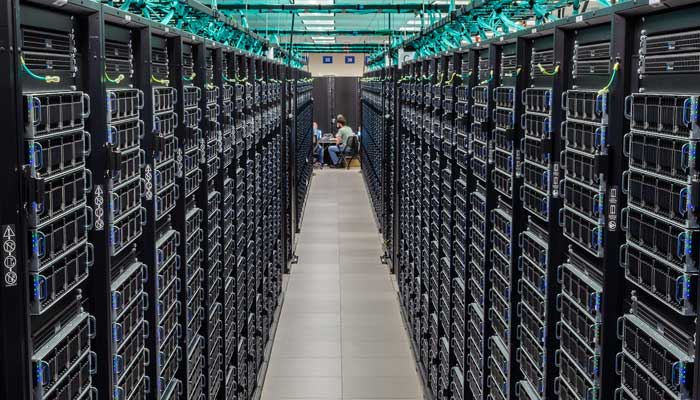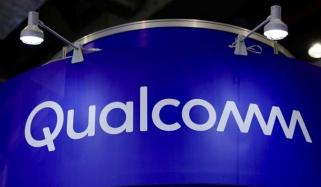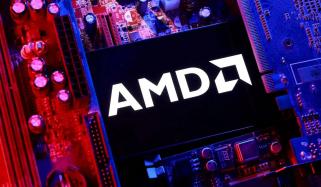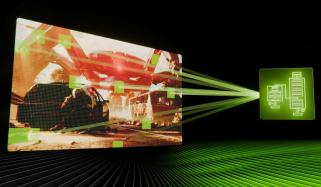
UK took the world by storm with the introduction of its latest supercomputer!
As per BBC, a 225 million pounds’ supercomputer would be using artificial intelligence (AI) to develop new drugs and vaccines.
The Isambard-AI computer is set to be fully operational in summer of 2025, in Bristol, making it the most powerful supercomputer in the UK.
This news came after prime minister Sir Keir Starmer revealed plans on Monday, January 13, to make UK top in the AI industry, in an effort to boost economic growth.
Simon McIntosh-Smith, a professor in high-performance computing at Bristol University, said that the introduction of Isambard-AI meant that the UK is ready to be competitive with the world in AI industry.
Professor disclosed that the team are using the computer to develop vaccines for Alzheimer’s and other forms of dementia, as well as treatments for emphysema, heart disease, and different types of cancers.
Furthermore, the technology is also being utilised by a group of researchers to increase the chance of detection of a type of skin cancer called melanoma in a huge range of skin tones.
He continued, "It can do a lot of the grunt work, a lot of the things that would just be beyond humans because they have so much thinking power and so much computing power."
With the advancement in tech, AI is able to imitate the way a drug would work inside human body, McIntosh-Smith added, "Many drugs work by targeting certain proteins in the human body and deactivating them or changing the way they behave"
The cost of money, time, and physical labour, all have been cut down by Isambard-AI, which has the capability to use millions of databases of potential drugs.
Isambard-AI will be among the top 10 fastest supercomputer in the world, after it becomes fully operational.
As supercomputers require vast amount of energy to function, it has cause a lot of concerns among energy conversions groups about the consumption.
Addressing this concern, Prof McIntosh-Smith shared that the waste energy produced by the computer will be in the form of hot water, which, if everything goes well, will be used to warm up local homes and businesses near Isambard.















